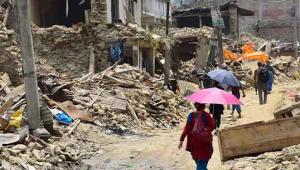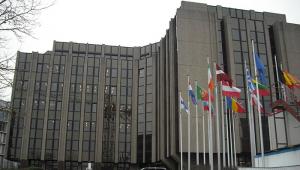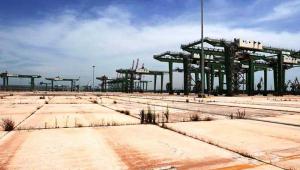The report also said that the EU delegation in Honduras “lacked the necessary macro-economic and public financial management expertise to manage budget support operations”.
The auditors assessed the European Commission’s management of EU development support to Honduras and the extent to which its objectives had been achieved.
The report said that EU action was relevant and generally delivered the “expected outputs”. But it added that the Commission’s approach was not focused enough, with financial assistance spread over many areas. It also found shortcomings in the tools used to monitor the performance of EU actions.
The report made a number of recommendations to the Commission, which included ensuring that support to priority sectors was provided for a sufficiently long time, narrowing the focus of its actions, and better coordinating its approach with other donors.
The audit focused on the period from 2007 to 2015, during which Honduras received EU payments of 119 million Euros, channelled mainly through projects and budget support.
The “priority sectors” examined by the auditors were poverty reduction, forestry, and security and justice. The report says that there have been some positive developments in these areas, but that “the overall situation in the country remains worrying”.
The level of poverty in the country has increased, the area of forest land has decreased, and there is still widespread violence and a very high homicide rate, according to the auditors.
Bettina Jakobsen, the member of the European Court of Auditors responsible for the report, said: “Honduras faces significant development challenges. To strengthen the EU’s approach, the Commission needs to enhance both its consistency and its focus.”
Honduras has a population of just over 8 million people. Almost 70% are affected by poverty, and nearly 40% live in extreme poverty.














